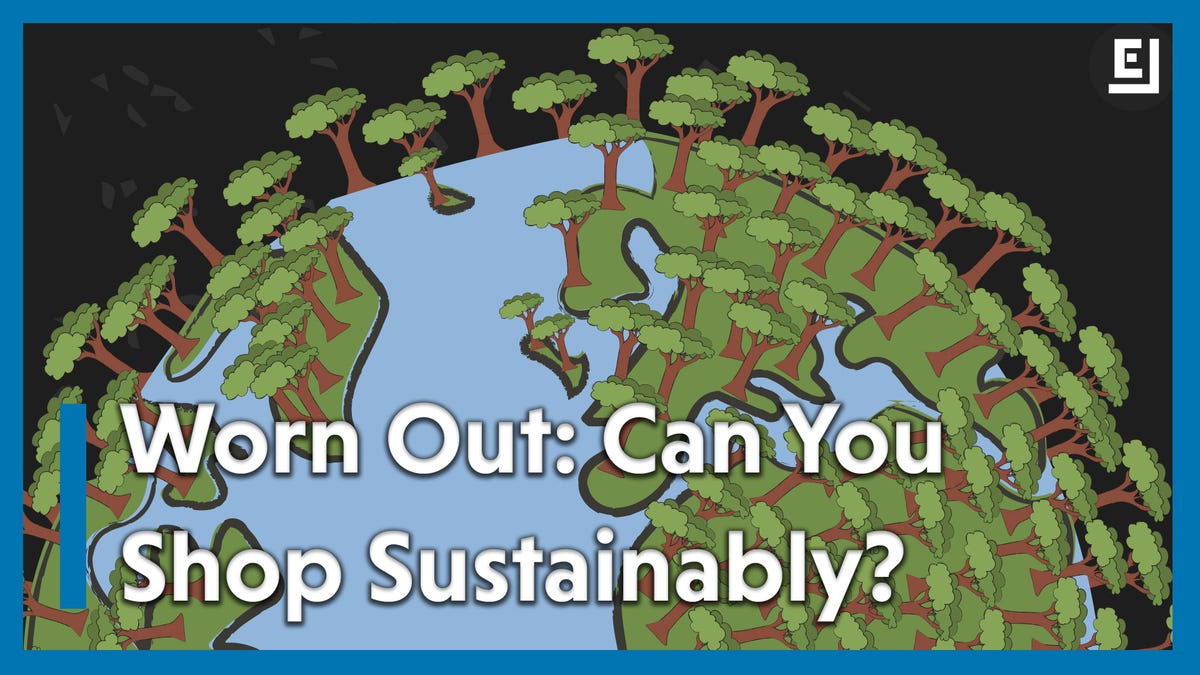Worn Out: The Challenge of Shopping for Sustainable Clothes - 3 minutes read

Earth Day is swiftly approaching, and that means my inbox is full of promotional emails from clothing brands announcing that they’re becoming “sustainable” or making “eco-friendly” products. But it turns out those labels don’t mean much.
Neither do other environmental buzzwords common in fashion marketing like “green,” “natural,” “clean,” or “ethical.” That’s because these terms lack concrete legal definitions, meaning brands don’t have to meet specific criteria to use them.
As public concern about the climate crisis, pollution, and other ecological issues grows—particularly among millennials coveted by brands—more of us are searching for ways to shop that don’t make these issues worse. One report found that web searches for “sustainable fashion” tripled between 2016 and 2019. Companies want customers; customers want more Earth-friendly options. It’s no wonder that so many brands slapping these vague terms on labels in an attempt to woo people.
Some companies are trying to do better. But for many others, squishy marketing words are all there are. Many brands printing the term “sustainable” on packaging without making any real changes. There’s a word for that: greenwashing.
Annoyingly, greenwashing is another term that hasn’t been legally defined. Wren Montgomery, an assistant professor of sustainability at Western University’s Ivey Business School in Canada, said it’s the kind of thing you recognize when you see. In a 2020 report on the phenomenon, she and a colleague also attempted to nail down a working definition of the term, and came up with the following: “Communication that misleads people into forming overly positive beliefs about an organization’s environmental practices or products.”
Greenwashing is widespread, and can make it really difficult for shoppers who are attempting to shop for clothes that don’t wreck the planet.
“We’ve seen data [that shows] these terms are really confusing people,” she said.
Don’t get me wrong: There are some green terms often found on packaging and labels that actually have clear meanings. One example is “organic,” which refers to a certification doled out by the Department of Agriculture to brands that meet specific criteria. You can debate whether or not those federal standards are strong enough, but to claim something is “organic,” brands have to prove it.
There are also organizations working to assess brands’ environmental impacts. The nonprofit Stand.Earth, for instance, created the Filthy Fashion Scorecard to rate clothing companies’ climate commitments. It’s a bummer—it found that barely any of them actually met the standards of the Paris Climate Accord—but it can be a great resource for anyone having trouble choosing where to shop for clothes.
Ultimately, though, our personal choices aren’t going to clean up the fashion industry, which contributes to the climate crisis, creates piles and piles of waste, and otherwise screws up natural ecosystems. We’ve got to fight for stricter standards for the fashion industry as a whole and push our elected officials to force companies to clean up their acts. Then, we wouldn’t need to search for green labels, because all clothing would truly be sustainable.
Source: Gizmodo.com
Powered by NewsAPI.org